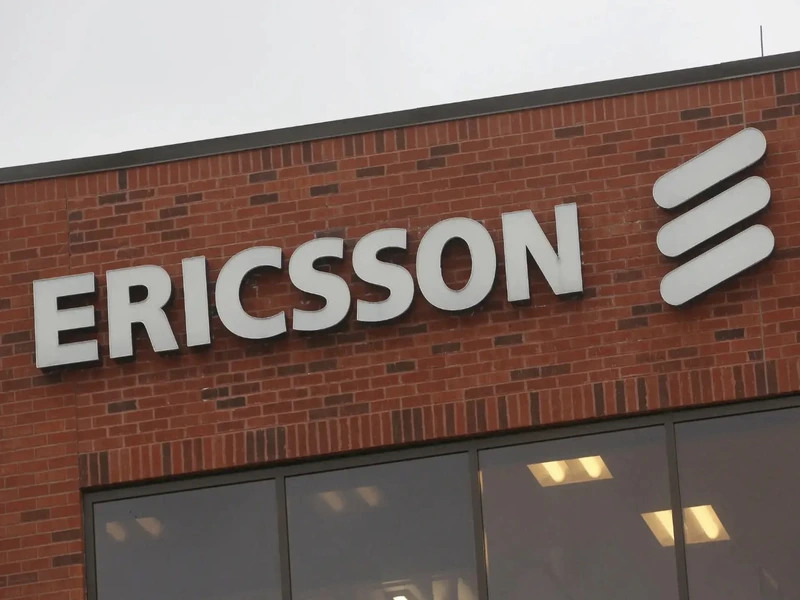- First “Made in India” antenna model ready for international export.
- Expansion of local manufacturing ecosystem supports Ericsson’s global 5G ambitions.
What happened: Ericsson ships first India-made antenna
Ericsson has announced that it is now shipping its first passive antenna model, made in India, for global markets. This is a major step as it shows the company’s commitment to increasing its local production capacity. The first shipments will leave India in July. This marks the beginning of Ericsson’s plan to expand its manufacturing and engineering capabilities in India. The company has been setting up its local antenna and component production since last year, and it is already seeing positive results.
Currently, more than half of the antenna content is produced locally. Ericsson plans to further increase local production to meet both domestic and global demand. The company’s move to build a local ecosystem is part of a broader strategy to provide more customised solutions for Indian and international markets. This will also help Ericsson keep up with the growing need for 5G network infrastructure.
Also read: Ericsson deepens root to Japan’s telecom sector with job creation
Also read: Ericsson offers 5G core as a service through Google Cloud
Why it’s important
The launch is significant because it highlights India’s growing role in the global telecom supply chain. As demand for 5G infrastructure rises, Ericsson’s investment in local production will help meet the needs of both Indian and international customers. India is quickly becoming a centre for high-tech manufacturing, and Ericsson’s decision to increase its production there is part of this trend.
By expanding its manufacturing and engineering operations in India, Ericsson strengthens its position in the Indian market. The company can now offer more locally produced solutions while also supporting its global ambitions. This move is also expected to help Ericsson innovate faster and work more closely with local research and development partners. The company sees this as an important step in building a more resilient telecom ecosystem, both for India and for its global customers.

